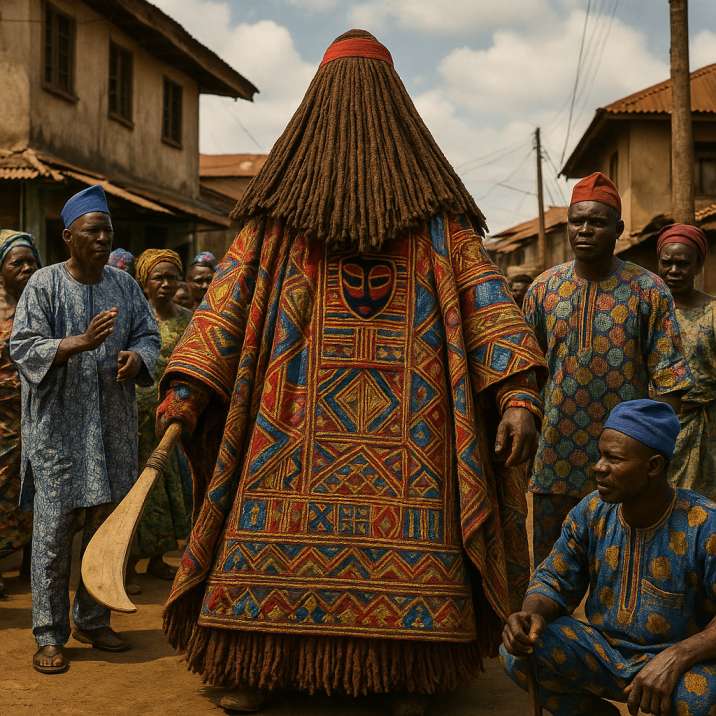The Hadzabe, or Hadza, tribe is a fascinating indigenous group residing in northern Tanzania, particularly near the shores of Lake Eyasi in the Great Rift Valley.
This hunter-gatherer society is one of the last of its kind, possessing a unique cultural heritage that has remained largely unchanged for thousands of years.
The Hadzabe’s way of life is intricately connected to their environment. As foragers, they rely on hunting wild game and gathering a variety of plants, fruits, and tubers for sustenance.
Their diet is diverse, with a significant emphasis on meat, which they obtain through hunting using traditional bows and arrows. Honey is particularly important and highly prized, often shared among the community.
The Hadzabe’s deep understanding of their surroundings equips them with the knowledge necessary to identify edible plants and track animal movements, showcasing their remarkable survival skills.
The tribe’s social organization is egalitarian, with no formal leaders. Decisions are often made collectively, reflecting a strong sense of community and cooperation. Individuals take on various roles based on their skills, with men primarily engaging in hunting and women focusing on gathering.
This division of labour fosters interdependence among tribe members.
The Hadza language is part of the Khoisan family and is notable for its characteristic click sounds. This linguistic feature sets the Hadza apart from their neighboring tribes and highlights their deep-rooted cultural identity.
Oral traditions are vital to their culture, with stories and knowledge passed down through generations. Music and dance are also integral, often performed during communal gatherings and significant events.
The Hadzabe maintain a spiritual connection to the land, revering nature and the animals they hunt. Their beliefs are closely tied to the natural world, with various rituals and practices that honor their ancestors and the spirits of the land.
Despite their resilient lifestyle, the Hadzabe face numerous challenges in the modern world. The encroachment of agriculture and land development poses a significant threat to their traditional lands and way of life.
As farming expands in the region, the Hadza find it increasingly difficult to access the resources they rely on for survival.Tourism, while bringing some economic opportunities, can also lead to cultural dilution and external pressures on their lifestyle.
Conservation efforts to protect their land and preserve their culture are ongoing but often complex, as they navigate the intersections of modernity and tradition.
Numerous organizations are working to support the Hadzabe in preserving their rights and cultural heritage. These efforts include advocating for land rights, sustainable hunting practices, and promoting tourism that respects and honours their traditions.
Education about their lifestyle is also crucial in fostering understanding and appreciation among outsiders.While the future of the Hadzabe remains uncertain, their resilience is evident in their commitment to maintaining their identity amidst numerous challenges.
They offer a vital glimpse into a way of life that prioritizes harmony with nature and communal living, serving as a reminder of the importance of cultural diversity in our increasingly globalized world.
In summary, the Hadzabe tribe of northern Tanzania encapsulates both the beauty and fragility of indigenous cultures. As they continue to navigate the challenges of the modern world, preserving their unique way of life is essential not only for their survival but also for the rich tapestry of human history.
Written By : ELIJAH ADEDOTUN FASADE



